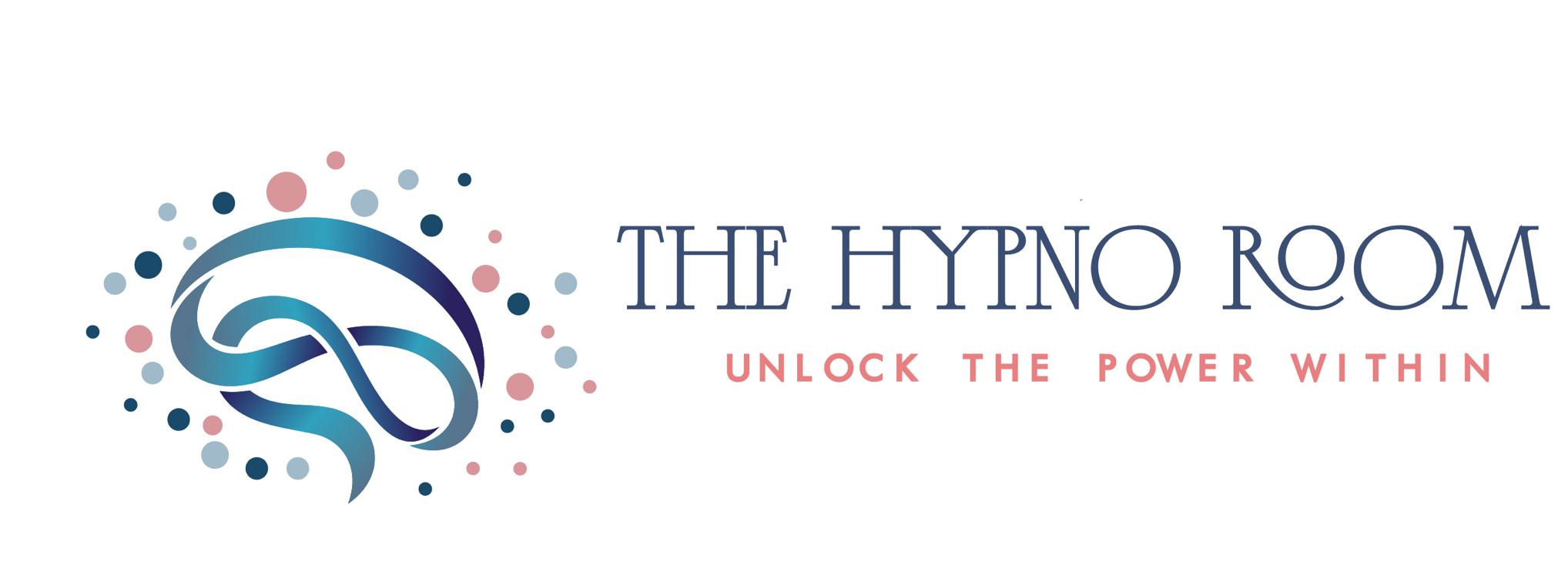Get relief from stress now

Explore fast and effective methods to alleviate stress in moments of pressure and restore your peace of mind with these proven techniques.
Physical changes
When stressed or anxious, your body undergoes a series of physiological changes including increased heart rate, rapid breathing, and muscle tension. Noticing these changes is the first step towards managing stress. By tuning into your body's reactions through mindfulness and body scanning, you can take proactive steps to calm down and reduce the intensity of your stress response.
By becoming aware of your body's reactions, you can take proactive steps to calm down and reduce the intensity of your stress response.
Mindfulness and body scanning are effective ways to become attuned to these changes. Paying close attention to your physical state without judgment can help you identify stress and begin the process of relaxation.
Understanding the physical manifestations of stress is crucial in effectively managing it.
Fight or flight response
The fight or flight response is your body's natural reaction to perceived threats. It prepares you to either confront or flee from danger. However, in today's world, this response can be triggered by non-life-threatening stressors like work deadlines or traffic jams.
Understanding that this response is a natural biological process can help you recognize it's not always appropriate to the situation at hand. This awareness can empower you to choose relaxation techniques to calm the body and mind.
The power of 4-7-8 breathing
The 4-7-8 breathing technique is a simple yet powerful way to trigger a relaxation response. By inhaling for 4 seconds, holding your breath for 7 seconds, and exhaling for 8 seconds, you can effectively slow down your heart rate and promote calmness.
This type of controlled breathing can serve as an anchor, bringing your focus away from stressors and towards a rhythm that supports tranquility. Regular practice can enhance its effectiveness as a go-to method for immediate stress relief.
Mastering Progressive Muscle Relaxation
Progressive muscle relaxation (PMR) involves systematically tensing and then releasing different muscle groups. This contrast between tension and relaxation can help you become more aware of physical stress and release it.
PMR can be particularly helpful before bed or during a break at work. It's a tool that not only promotes relaxation but also improves your overall awareness of bodily sensations associated with stress.
The Benson Method
Developed by Dr. Herbert Benson, the Benson Method is a technique that combines deep breathing and meditation to elicit your body's relaxation response. By repeating a word, sound, phrase, or prayer while dismissing intrusive thoughts, you can enter a state of deep relaxation.
This practice doesn't require much time and can be done almost anywhere. It's a testament to the power of the mind-body connection and its role in stress management.
Use your body for immediate relief from anxiety
Physical activity is a potent stress reliever. Activities like walking, stretching, or yoga can help release tension in the body and promote the production of endorphins, your natural mood lifters.
Even a few minutes of gentle movement can have a significant impact on your stress levels. It's a quick and natural way to combat anxiety and promote well-being.
Personalised quick stress relief plan
Creating a personalised stress relief plan can make managing stress more efficient. Start by identifying which techniques work best for you and consider how you can incorporate them into your daily routine.
Having a go-to set of strategies can make it easier to deal with stress as it arises. Remember, regular practice and consistency are key to making these techniques second nature when you need them the most.

 By
By


